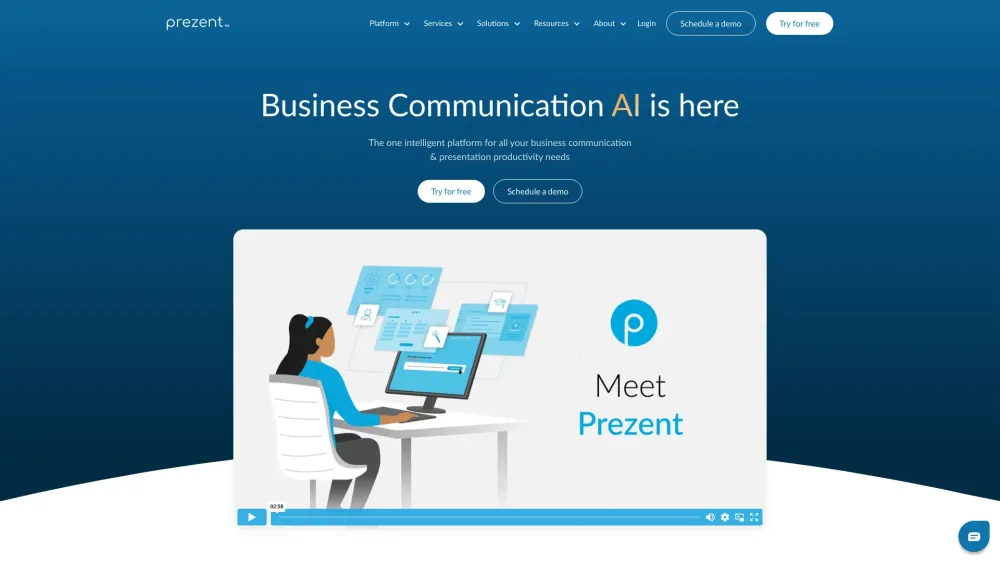The current excitement surrounding artificial intelligence largely revolves around generative AI and its application in enhancing consumer software and products. Today, a notable AI startup, PhysicsX, co-founded by a former Formula One engineering expert and a talented computer scientist, is stepping into the spotlight with a distinct mission: to develop and manage physical systems tailored for the enterprise sector.
Based in London, PhysicsX has developed an innovative AI platform designed to create and manage simulations for engineers in fields such as automotive, aerospace, and materials science manufacturing. These industries often face significant development bottlenecks due to the challenges associated with testing models prior to production. PhysicsX is launching today with an impressive $32 million in Series A funding.
This funding round is spearheaded by General Catalyst, alongside a diverse group of financial and strategic partners, including Standard Investments, NGP, Radius Capital, and KKR co-founder Henry Kravis. The investment will support business growth and further development of the company’s platform, marking PhysicsX’s initial venture into outside funding.
PhysicsX addresses a critical yet frequently neglected issue in manufacturing and physical production. Within any physical system, whether in an experimental lab or a live industrial setting, introducing new concepts—like enhancing the efficiency of machinery or creating entirely new products—requires simulations to evaluate their feasibility. Typically, this simulation work is performed by scientists and engineers, who may use some AI tools but largely rely on manual processes.
Robin Tuluie, co-founder of PhysicsX, explained the efficiency challenges: “Simulating airflow across an object might take an hour or two, but tackling more complex scenarios could stretch into days. This computational and time cost limits the depth of optimization.”
Tuluie is well-versed in these pain points, having built a distinguished career as both a theoretical physicist—working with Nobel laureates in astrophysics—and a leader in Formula One at Renault and Mercedes. As head of R&D and chief scientist, he contributed to designs that led his teams to secure four world championships, gaining significant recognition in the field. He has also spent years in automotive design at Bentley and Volkswagen.
His co-founder, Jacomo Corbo, holds a PhD from Harvard and has a similar background in racing. More recently, he founded and led QuantumBlack, McKinsey's AI labs, where he collaborated with various automotive clients to solve complex engineering challenges.
Together, they have assembled a team of 50 scientists, including specialists in mechanical engineering and physics, to develop the PhysicsX platform, which targets automotive applications while extending to a broader array of industries.
“We’re creating an enterprise platform that addresses a wide spectrum of applications related to building and optimizing physical systems,” Corbo explained. “PhysicsX enables incredibly accurate predictions of physical phenomena, working anywhere from 10,000 to a million times faster. This advancement allows us to tackle complex challenges across various high-dimensional spaces, such as in mining."
The launch of PhysicsX aligns perfectly with the evolving landscape of deep learning and AI and their integration into the physical realm. Just earlier this month, DeepMind unveiled new research on advanced machine learning applications for short- and long-term weather prediction. Corbo believes this shift towards physical applications represents a pivotal advancement in AI research.
“This marks the first instance where deep learning models are surpassing traditional numerical simulations in areas like weather forecasting,” Corbo noted. “We’re witnessing this trend extend across various physics applications. Our goal is to build a platform capable of addressing a wide range of engineering problems across different sectors."
Many enterprises have encountered obstacles in their digital transformation journeys, often struggling with the overhaul of existing IT infrastructure to adopt modern technologies. While PhysicsX’s approach falls under the umbrella of digital transformation, it bypasses many of these challenges, as its focus on engineering and R&D applications typically does not entail widespread IT scaling.
Nonetheless, this approach is revolutionary and has the potential to change how industrial companies approach development. General Catalyst is placing its bet not only on the booming AI sector but also on pioneering innovation through its support of PhysicsX.
“PhysicsX pushes the boundaries of engineering in vital sectors, supported by a team of experts in simulation engineering and machine learning,” stated Larry Bohn, managing director of General Catalyst. “With its strong credibility, robust customer relationships, and deep technical expertise, we believe PhysicsX is well-positioned to revolutionize engineering in complex industries. This aligns with our vision for industrial transformation and offers PhysicsX the opportunity to emerge as a leader in advanced industries.”




